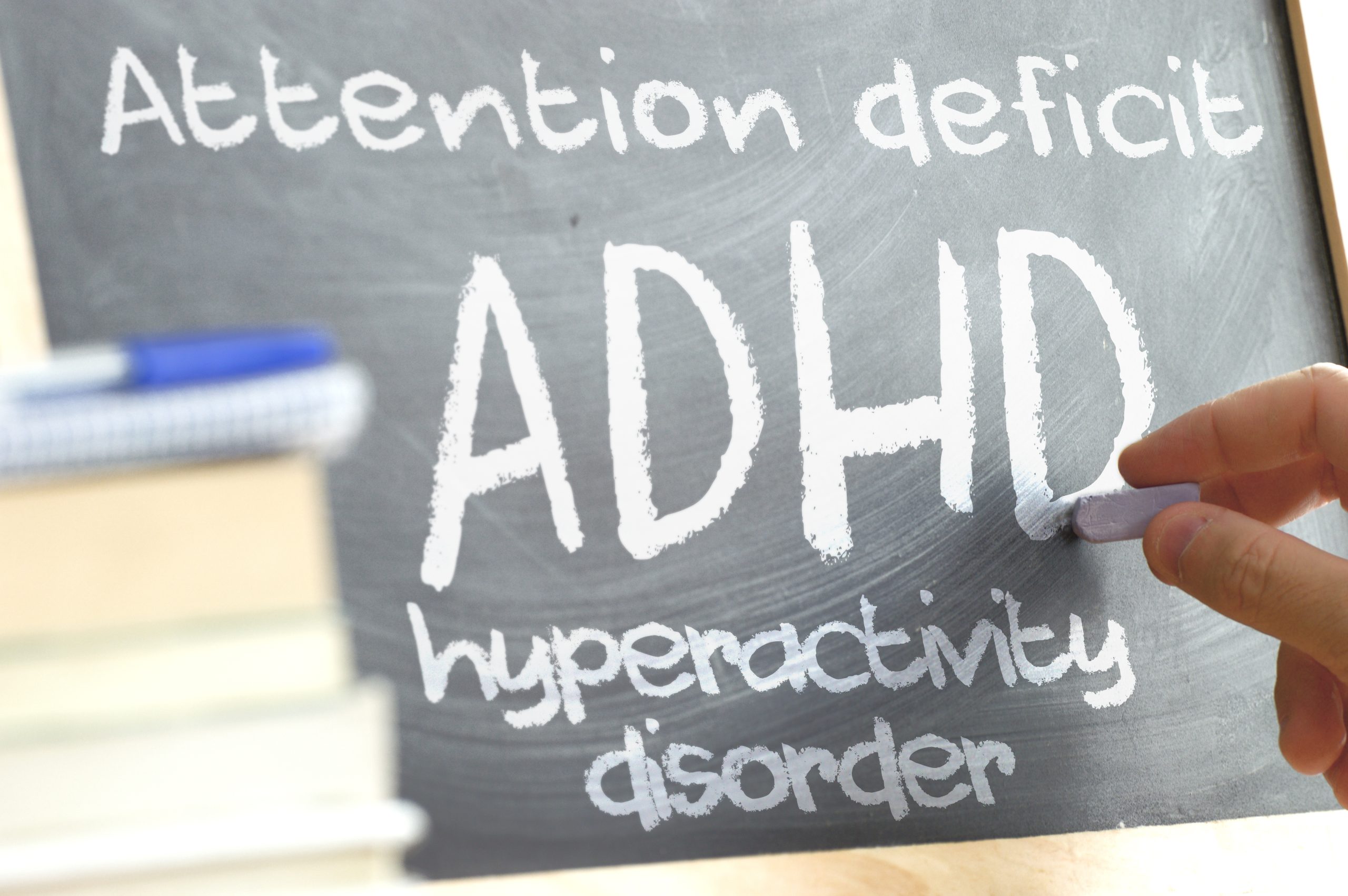Larger cities may offer surprising protection against obesity for individuals with ADHD, while smaller urban areas could heighten risks through limited resources and fewer opportunities for physical activity.
At a Glance
- New research reveals that both obesity and ADHD rates decrease proportionally as city size increases
- ADHD contributes to obesity through dual pathways: reduced physical activity and biological mechanisms related to impulse control and eating behaviors
- Larger cities typically offer better access to mental health services, which can weaken the link between ADHD and obesity
- Food insecurity and limited physical activity opportunities in smaller cities strengthen the ADHD-obesity connection
- City-level interventions could significantly mitigate the impact of impulsivity disorders on obesity rates
The City Size Factor in ADHD and Obesity
A groundbreaking study analyzing data from 915 U.S. cities has uncovered that the relationship between ADHD and obesity varies significantly depending on where you live. Researchers found that both conditions become less prevalent as city size increases, suggesting urban environments may offer protective factors against these interconnected health challenges. The findings, validated using data from over 19,000 children in the U.S., confirm a causal link between severe ADHD and obesity while highlighting how urban settings can either strengthen or weaken this connection.
The study, published in PLOS Complex Systems and conducted by researchers from New York University and the Italian National Institute of Health, employed sophisticated data analysis techniques to uncover relationships that traditional health research might overlook. This approach revealed precise intervention points for addressing these interconnected health issues, particularly in different urban settings.
Understanding the ADHD-Obesity Connection
ADHD affects approximately 5% to 10% of children worldwide, with heritability estimates ranging from 60% to 80%. However, environmental factors play a significant role in ADHD susceptibility, including prenatal substance exposures, heavy metal and chemical exposures, nutritional factors, and lifestyle elements. These environmental factors become particularly relevant when examining how ADHD contributes to obesity risk in urban settings.
The link between ADHD and obesity operates through multiple pathways. Individuals with ADHD often experience impulsivity that can lead to overeating and higher body mass index (BMI). Additionally, ADHD affects obesity risk through reduced physical activity and biological mechanisms related to impulse control and eating behaviors. This dual pathway suggests that effective interventions must address both behavioral and biological aspects of the connection.
How Urban Environments Influence Health Outcomes
The research uncovered that larger cities tend to have lower per-capita prevalence of ADHD and obesity, while offering better access to mental health services and education. Cities with more robust mental health care resources appear to weaken the link between ADHD and obesity by promoting awareness about the health values of physical activity and providing support for managing impulsivity. Conversely, the ADHD-obesity connection becomes stronger in cities with fewer physical activity opportunities or greater food insecurity.
Importantly, the study emphasizes that city size alone doesn’t dictate health outcomes; rather, it’s the utilization of urban resources that proves crucial. Without accounting for how city size naturally affects health metrics, researchers might misattribute success or failure to the wrong factors. By filtering out population effects first, the team identified the true causal pathways linking ADHD to obesity and how urban environments modify these relationships.
Implications for Public Health Interventions
These findings underscore the importance of city-level interventions in addressing the impact of impulsivity disorders on obesity rates. Urban planning and public health initiatives could play vital roles in mitigating these interconnected health challenges, particularly by improving access to mental health services and physical activity opportunities in smaller urban areas where the ADHD-obesity link appears strongest.
The research, funded by the National Science Foundation and the European Union’s Horizon 2020 research and innovation programme, suggests that impulsivity and obesity may be influenced more by urban environments than inherent human biology. This perspective offers hope that thoughtful city planning and targeted health interventions could significantly improve outcomes for individuals with ADHD who are at risk for obesity, particularly in smaller urban settings where resources may be more limited.











